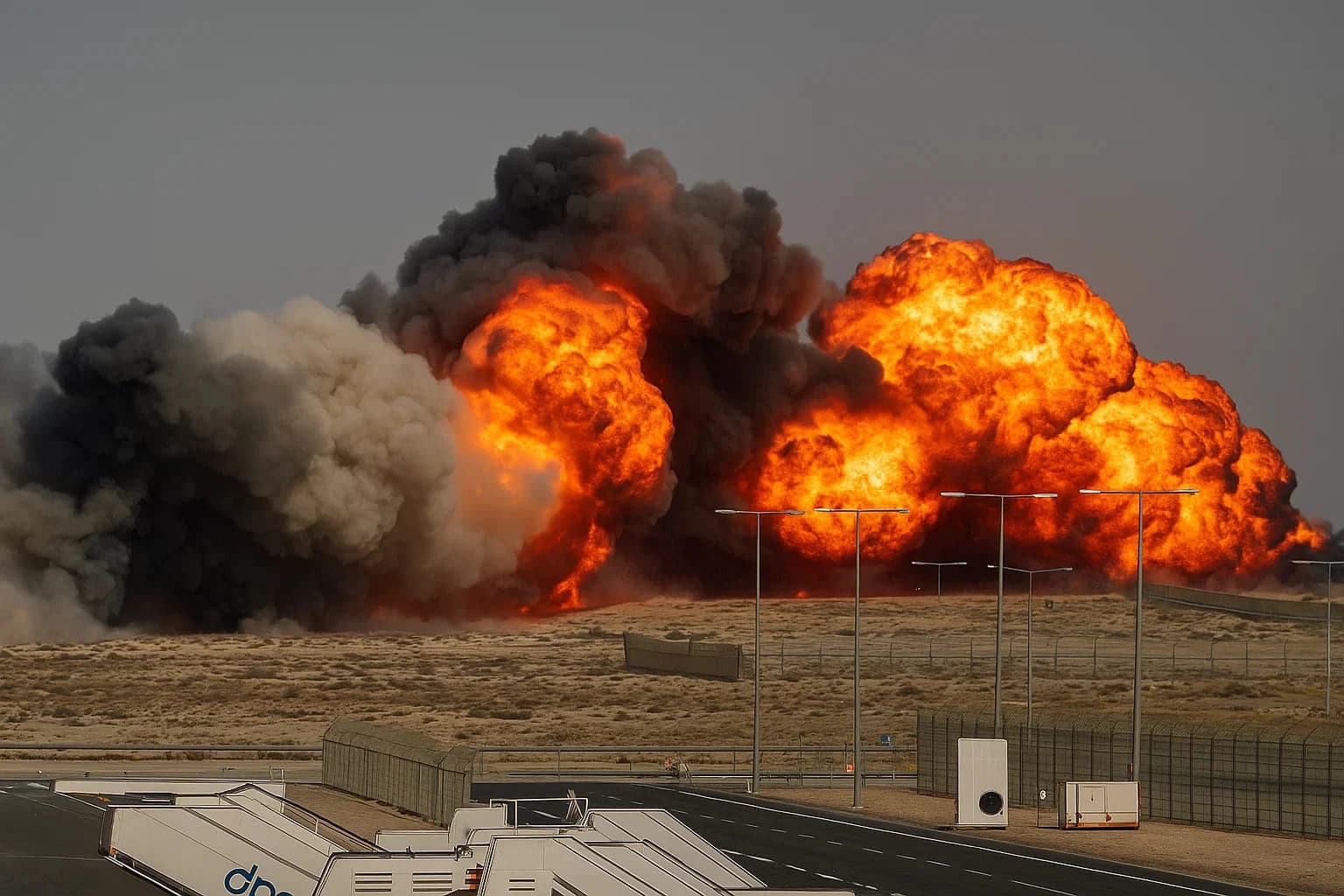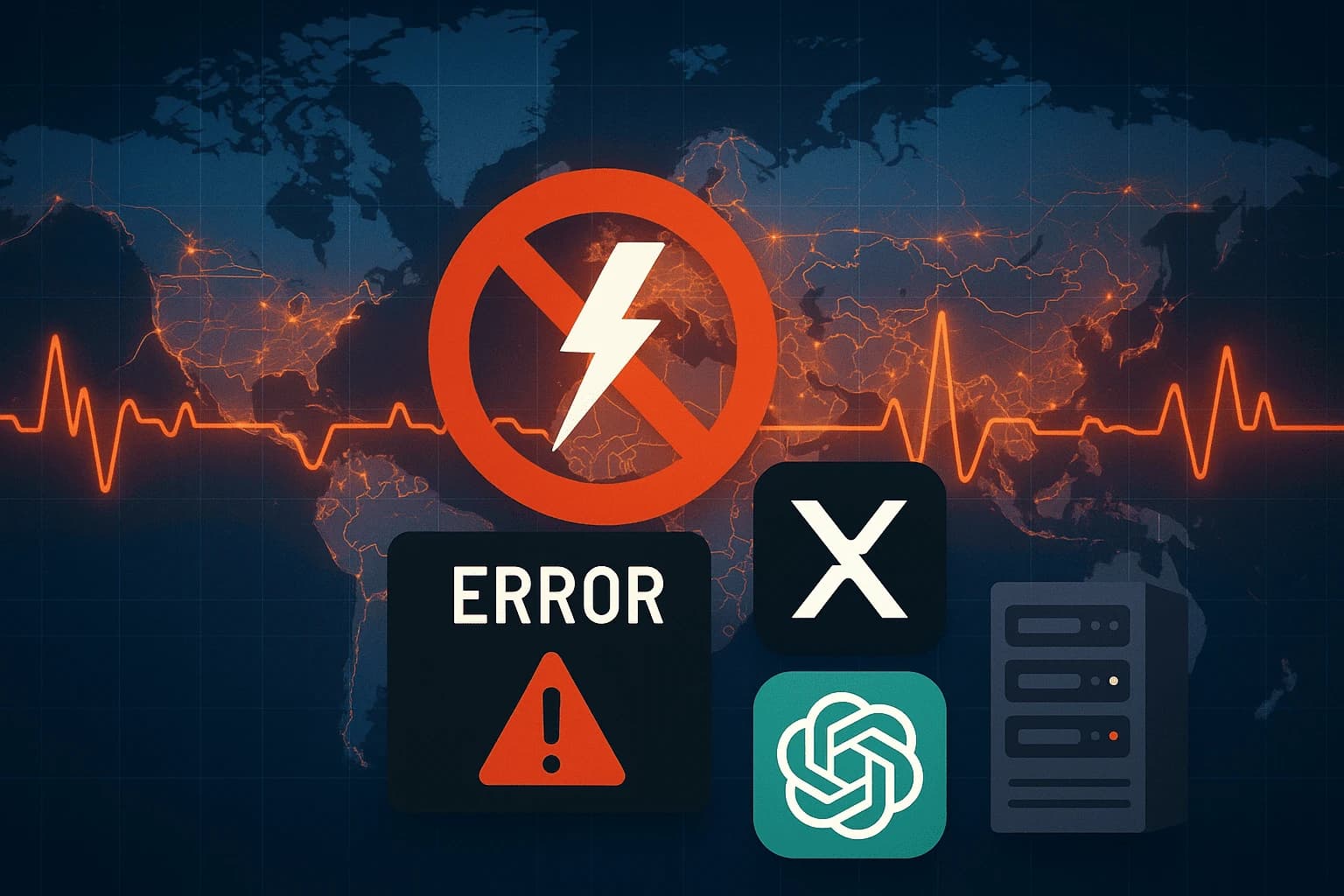© 2025 Roz UpdatesbyTETRA SEVEN
.webp&w=3840&q=75)
* All product/brand names, logos, and trademarks are property of their respective owners.
In a major legal and political development, the Supreme Court of Pakistan has granted bail to former Prime Minister and Pakistan Tehreek-e-Insaf (PTI) founder Imran Khan in eight cases linked to the May 9 riots. This decision, announced on August 21, 2025, has brought significant relief to the embattled political leader and sent waves through the country's volatile political landscape. The ruling comes after months of courtroom drama, legal challenges, and growing public interest in the fate of Imran Khan amid the ongoing political crisis in Pakistan.
The May 9 incidents refer to a series of violent protests that erupted across the country following Imran Khan’s arrest in early 2023. Supporters of PTI allegedly attacked military installations and government properties, resulting in dozens of cases being filed against party members including the former prime minister himself. While Imran Khan has consistently denied any role in instigating the violence, the cases have played a central role in sidelining him politically, keeping him entangled in legal proceedings and largely out of the public eye.
The Supreme Court's latest decision marks a turning point. It not only questions the grounds on which the Lahore High Court (LHC) previously rejected bail in these cases but also signals a possible shift in how the judiciary may handle politically sensitive cases going forward. Headed by Chief Justice Yahya Afridi, the bench emphasized that the trial courts not the apex court should determine the merits of the evidence in such high-profile cases. This comment has added a layer of judicial restraint that many legal experts say could influence upcoming trials.
With general elections on the horizon and public sentiment shifting rapidly, this development holds far-reaching implications for Pakistan’s political future. Is this the beginning of a political comeback for Imran Khan or just a temporary legal reprieve? Only time will tell.
The legal battle for Imran Khan began to intensify in June 2025 when the Lahore High Court (LHC) dismissed his bail applications in all eight cases related to the May 9 riots. These cases stemmed from violent protests that occurred following his arrest in 2023, with charges ranging from incitement to violence to terrorism-related offenses.
The LHC’s decision was a major setback for the PTI founder. The court cited a lack of substantial evidence supporting his innocence and noted that the gravity of the charges warranted further investigation. The verdict, however, was heavily criticized by Khan’s legal team and PTI leaders, who argued that the cases were politically motivated and lacked concrete proof of his involvement.
This denial of bail meant that Khan remained in custody, further weakening PTI’s presence in the political sphere. For many supporters, it symbolized a broader clampdown on political dissent, while for others, it was a legal consequence of a volatile period in the country’s history.
Following the LHC's rejection, Imran Khan’s legal team swiftly filed appeals with the Supreme Court of Pakistan. However, the journey through the apex court was far from straightforward. The hearings were repeatedly postponed over procedural and administrative reasons, which drew criticism and sparked speculation of political maneuvering behind the scenes.
Eventually, in late July 2025, the Supreme Court reconstituted a special three-member bench to hear the bail pleas. This new bench was headed by Chief Justice Yahya Afridi and included Justice Shafi Siddiqui and Justice Miangul Hassan Aurangzeb names that carried both legal weight and a reputation for fairness.
The reconstitution was seen as a pivotal moment. It raised hopes for a more balanced and timely decision, particularly among legal observers and PTI supporters. Importantly, this move also signaled that the SC was willing to take a more active role in ensuring due process, especially in politically sensitive cases.
On August 21, 2025, the Supreme Court delivered its much-anticipated verdict: Imran Khan was granted bail in all eight May 9-related cases. The ruling came after careful review of the appeals, with the bench concluding that the evidence presented thus far did not justify keeping the former PM behind bars indefinitely.
In a notable remark, the court stated that it was not their role to determine the outcome of the cases but rather to assess whether Khan’s continued detention was justified at the bail stage. The justices emphasized that the trial courts were the proper forum to weigh the evidence and decide guilt or innocence.
This distinction was not just legal it carried heavy political symbolism. For many, it was seen as a reaffirmation of judicial independence at a time when the courts have been under intense scrutiny. The decision was immediately hailed as a legal win for Khan, but it also sparked debate about whether this marks a shift in the balance of power between Pakistan’s judiciary and political institutions.
The Supreme Court’s decision to grant bail to Imran Khan was met with jubilation within the ranks of the Pakistan Tehreek-e-Insaf (PTI). Party leaders and supporters immediately took to social media to celebrate what they saw as a long-overdue acknowledgment of judicial fairness. Prominent PTI figures, including Shah Mahmood Qureshi and Asad Umar, issued statements praising the judiciary and reaffirming their belief in Khan’s innocence.
In cities like Lahore, Islamabad, and Peshawar, PTI supporters gathered in peaceful celebrations, waving party flags and chanting pro-Imran slogans. For many, this moment rekindled hope that their leader could once again play an active role in shaping the country’s political future.
Allied parties and independent political commentators also saw the ruling as a critical moment in restoring balance to Pakistan’s political and legal systems. It was viewed not just as a victory for Imran Khan, but as a potential step toward reducing politically driven legal action against opposition leaders.
On the other side of the aisle, the reaction was far more cautious. The ruling coalition, composed of rival political parties, acknowledged the Supreme Court's decision but refrained from making celebratory or confrontational remarks. Government spokespersons emphasized that the legal process must continue and that granting bail does not equate to acquittal.
Behind the scenes, however, the decision raised concerns among some ruling party members. There are fears that Khan’s legal victory could reinvigorate PTI’s political machinery, especially ahead of the general elections. Some political analysts speculate that this ruling might compel the government to rethink its strategy, possibly softening its stance against PTI in an effort to avoid further polarizing public opinion.
The opposition particularly parties with more centrist leanings used the moment to call for broader judicial reforms and fair trials for all political actors, regardless of affiliation.
The implications of this ruling stretch far beyond Imran Khan’s personal freedom. With elections looming and public sentiment deeply divided, this bail decision could act as a catalyst for political change. It reopens the possibility of Khan participating in the electoral process, either directly or through strategic influence within PTI ranks.
For Pakistan’s judiciary, the decision marks a significant test of independence and transparency. The court’s clear stance that trial courts not higher judiciary should determine guilt sets a precedent that could influence how future political cases are handled.
From a societal perspective, the ruling has stirred hope among many Pakistanis yearning for a fairer, more balanced system. It has also reenergized public discourse about accountability, political freedom, and the limits of executive power.
Ultimately, while the Supreme Court’s decision does not resolve the May 9 cases, it does reshape the landscape in which they will be judged. For now, it offers Imran Khan a political lifeline and possibly a new chapter in Pakistan’s ever-evolving democracy.
The Supreme Court’s decision to grant bail to Imran Khan in eight May 9-related cases is far more than a routine legal development it’s a pivotal moment in Pakistan’s unfolding political saga. After months of legal roadblocks, shifting judicial benches, and intense public scrutiny, this ruling has finally offered the PTI founder a breather in what has been a relentless series of challenges.
From the Lahore High Court's firm rejection in June to the formation of a new Supreme Court bench in late July, the legal journey was anything but smooth. Yet, the final verdict by a bench led by Chief Justice Yahya Afridi has shifted the narrative, signaling a renewed emphasis on judicial fairness and the right to a fair trial. The Supreme Court’s reminder that trial courts not higher judicial bodies should assess evidence at this stage speaks volumes about the judiciary's current stance on political legal matters.
But this verdict is about more than just courtrooms and legal language. Politically, it breathes new life into Imran Khan's role in Pakistan’s future. His supporters see this as a victory for democracy and due process, while his critics remain wary of what his potential return to public life could mean for national stability. The government, meanwhile, finds itself at a crossroads forced to reconsider its strategy as elections draw nearer.
As the dust begins to settle, one thing is clear: this decision will echo through Pakistan’s legal and political institutions for months to come. Whether it leads to meaningful political engagement or more intense confrontations remains to be seen. For now, all eyes are once again on Imran Khan and on the country’s ability to navigate these turbulent times with fairness, transparency, and resilience.
Stay tuned and stay informed. Pakistan’s political story is far from over, and this chapter may just be the beginning of a major shift.

22 November 2025

18 November 2025
No comments yet. Be the first to comment!